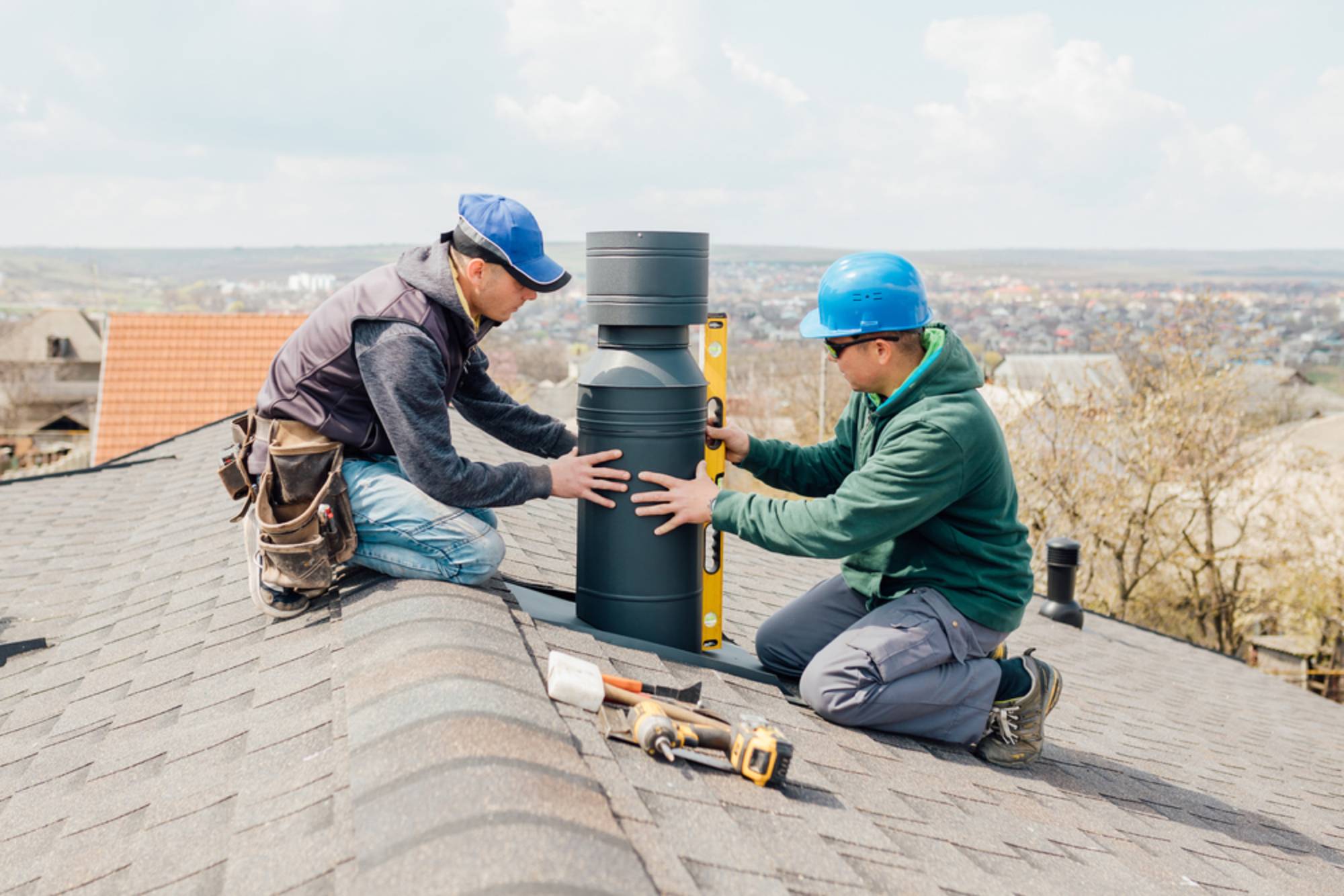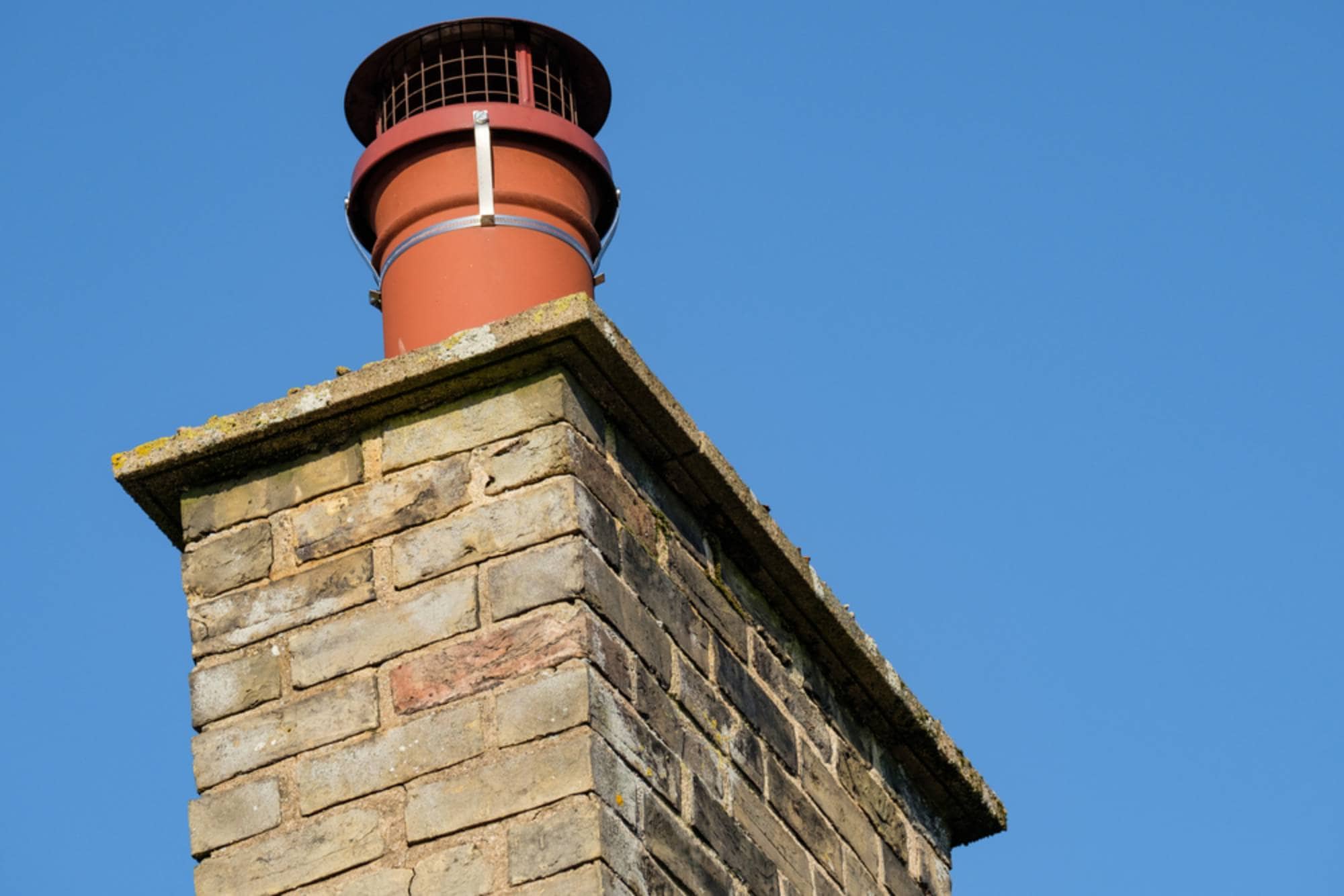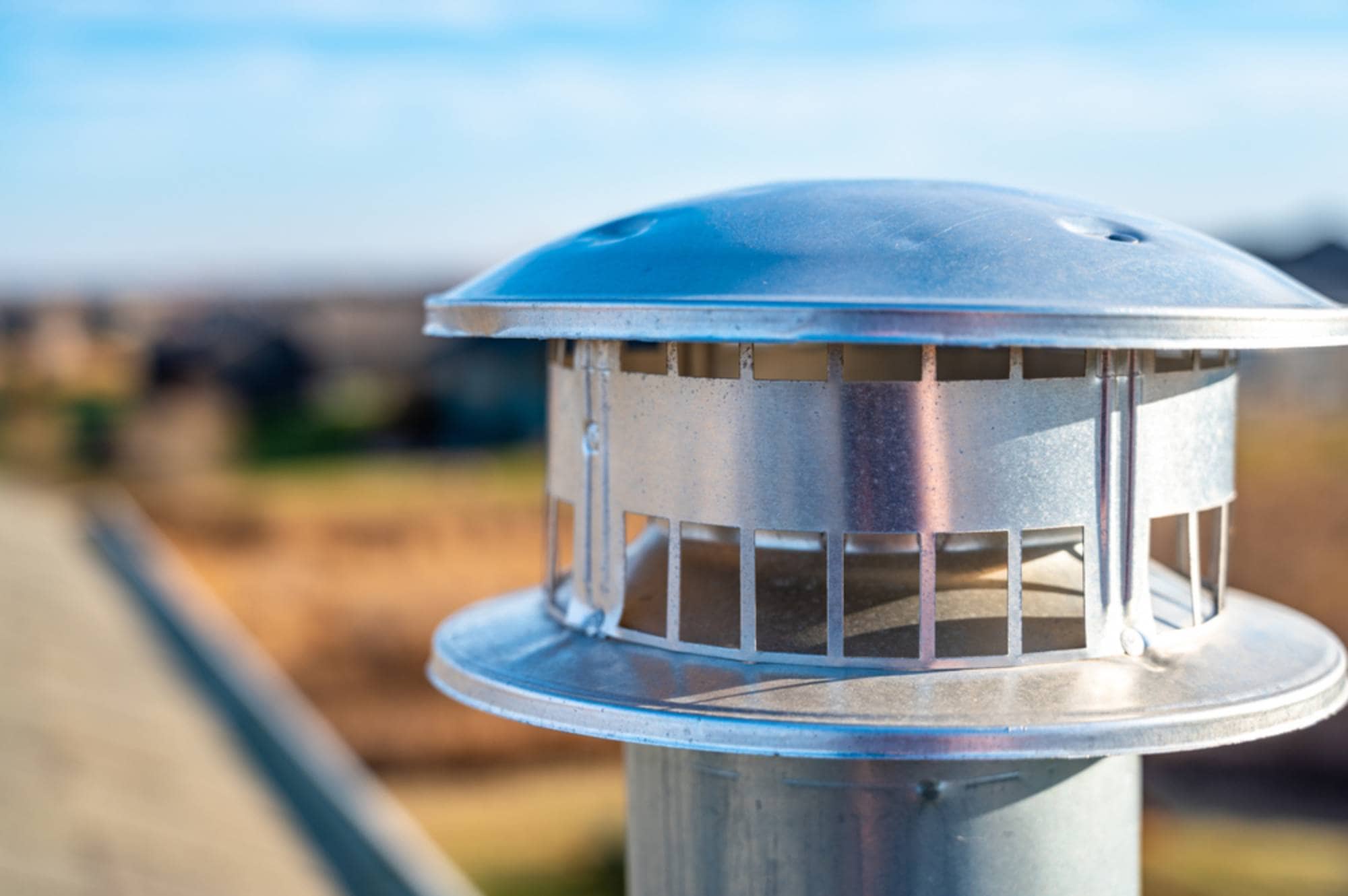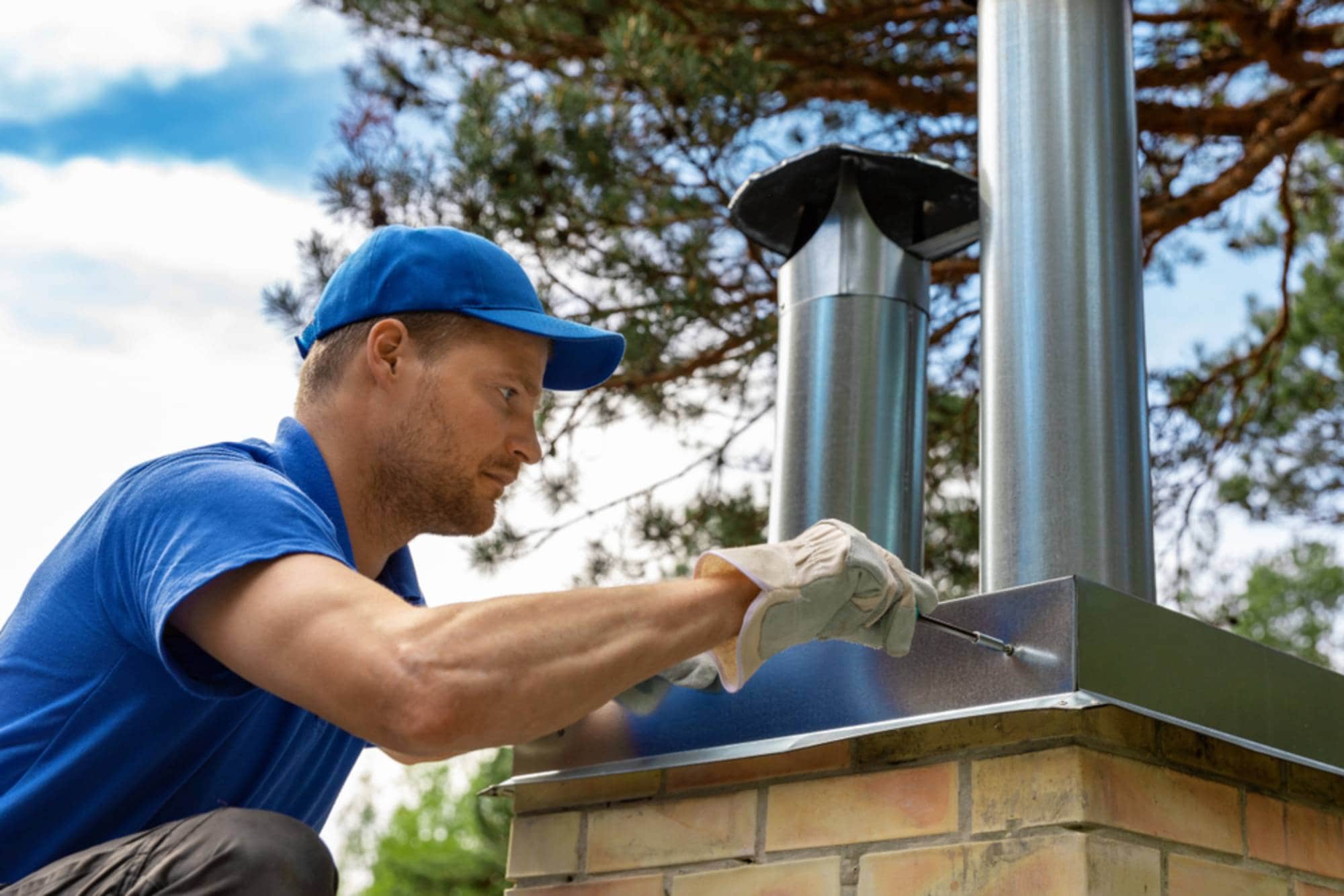A properly installed chimney cap with mesh screening effectively prevents birds, squirrels, raccoons, and other animals from entering your chimney. The mesh openings are sized to allow proper ventilation while blocking wildlife access. Without a cap, animals often nest in chimneys during spring and summer months, creating blockages that can cause dangerous carbon monoxide buildup or chimney fires. Removing animal nests and repairing damage typically costs much more than cap installation. If animals are already in your chimney, we safely remove them before installing your new cap. We also check for existing damage that might need repair to prevent future intrusion.




